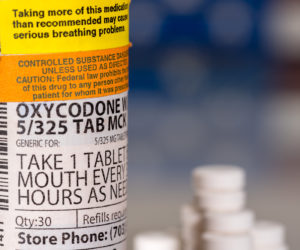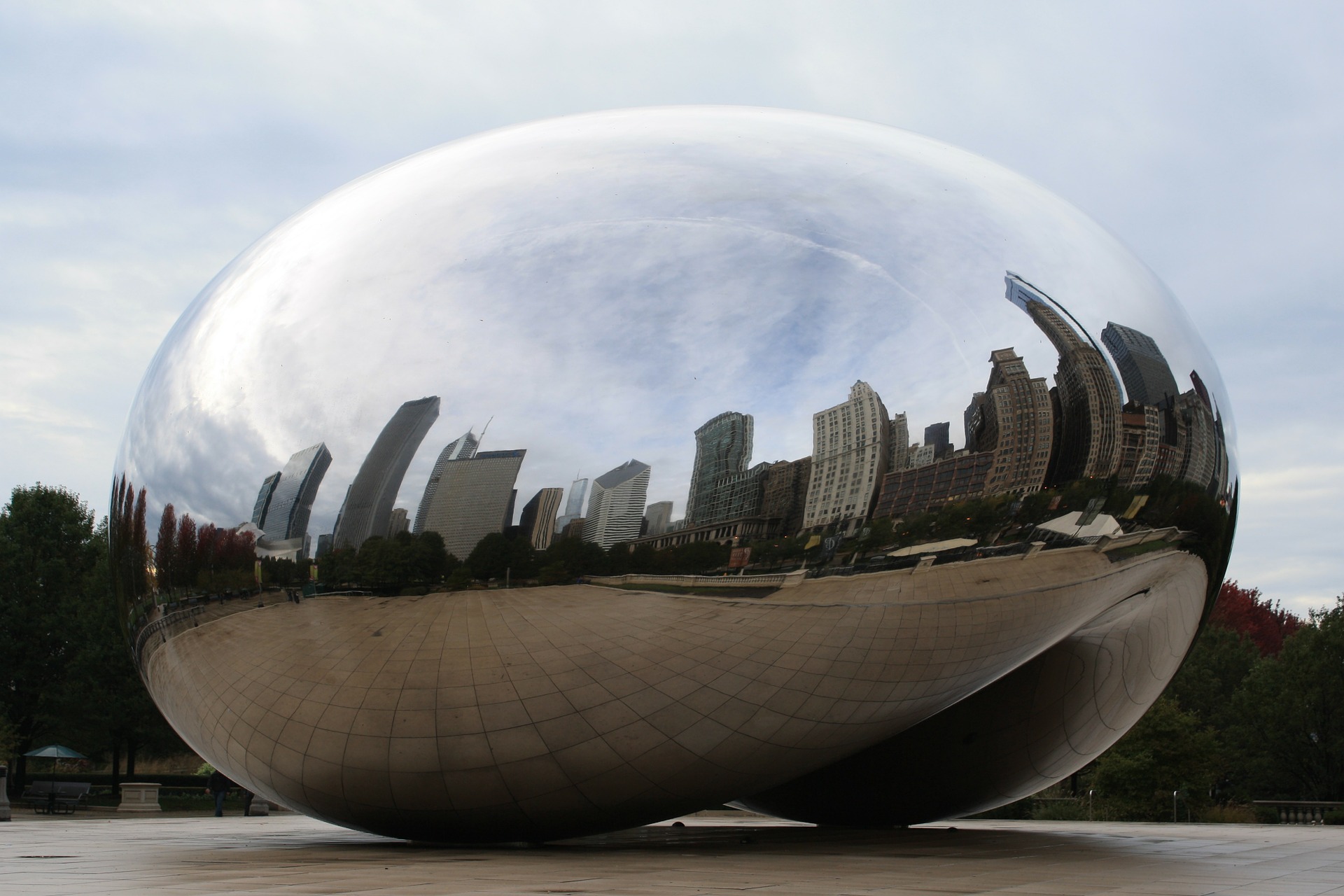What started as a method to help patients deal with unbearable pain has become the leading cause of accidental death in the United States.
In 2016, Trump declared the opioid crisis a “public health emergency”, and rightfully so. The following year, opioid overdoses took over 47,000 American lives, surpassing deaths caused by firearms and traffic accidents. The Midwest has been hit particularly hard with nearly every state in the region having over 15 deaths per 100,000 residents. Illinois enacted a radical idea in an attempt to combat this calamity – allowing people to use their opioid prescriptions to buy cannabis instead.
How Cannabis Can Help

Opioids are the leading cause of accidental death in the U.S.
Although scientific research is remains limited on the exact effects cannabis has on the different stages of opioid addiction and withdrawal, there are a few studies out there that indicate a positive link between the two. For example, a 2016 study from the University of Michigan, published in the Journal of Pain, found that cannabis can decrease side effects from other medications, improve quality of life, and reduce opioid use by 64% on average.
Medical cannabis and opioid overdose
A study published in JAMA Network in 2014 came to the same conclusion. “Medical cannabis laws are associated with significantly lower state-level opioid overdose mortality rates. Further investigation is required to determine how medical cannabis laws may interact with policies aimed at preventing opioid analgesic overdose.” And yet another study discovered that in states with medical cannabis laws, there was a significant reduction in the amount of opioid prescriptions for patients covered under Medicare Part D.
Following Illinois’ Example
In Illinois alone, opioids caused the deaths of over 2,000 people – twice as many as those killed in car accidents. The state’s medical cannabis program has a total of 54,494 patients since it began accepting applications in 2014. It’s quite comprehensive, with a list of 41 qualifying conditions.
At the end of last year, governor Bruce Rauner signed an Opioid Alternative Pilot Program allowing opioid prescriptions to be used to purchase medical cannabis instead. This new law was officially enacted at the end of January.
Final Thoughts
While it will take a bit of time to see exactly how this law impacts the ongoing opioid epidemic, it might be beneficial for other states to follow in Illinois’ footsteps. Check back with us to see how this story unfolds and make sure to subscribe to our Weekly Newsletter for all the latest news and information about the cannabis industry.

